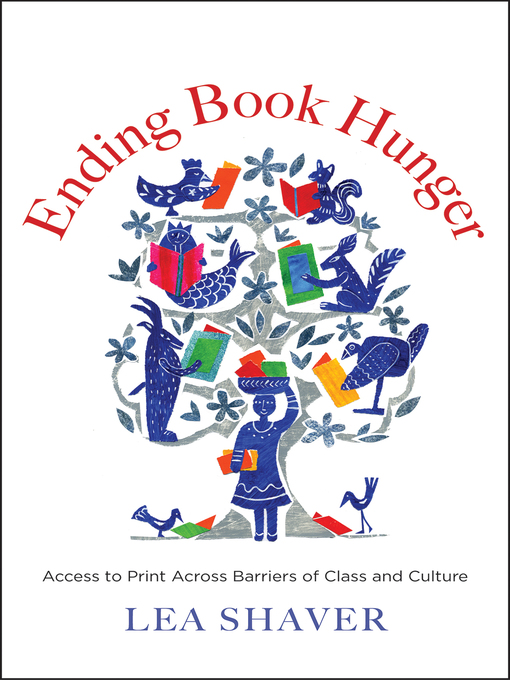An eye-opening exploration of "book hunger"—the unmet need for books in underserved communities—and efforts to universalize access to print
Worldwide, billions of people suffer from book hunger. For them, books are too few, too expensive, or do not even exist in their languages. Lea Shaver argues that this is an educational crisis: the most reliable predictor of children's achievement is the size of their families' book collections.
This book highlights innovative nonprofit solutions to expand access to print. First Book, for example, offers diverse books to teachers at bargain prices. Imagination Library mails picture books to support early literacy in book deserts. Worldreader promotes mobile reading in developing countries by turning phones into digital libraries. Pratham Books creates open access stories that anyone may freely copy, adapt, and translate. Can such efforts expand to bring books to the next billion would-be readers? Shaver reveals the powerful roles of copyright law and licensing, and sounds the clarion call for readers to contribute their own talents to the fight against book hunger.
- Available now
- New eBook additions
- New kids additions
- New teen additions
- Most popular
- Try something different
- See all
- Available now
- New audiobook additions
- New kids additions
- New teen additions
- Most popular
- Try something different
- See all

